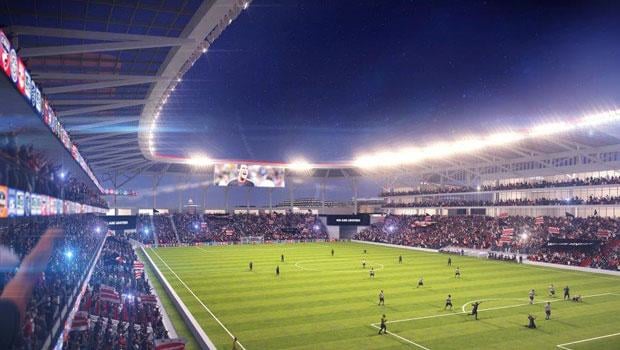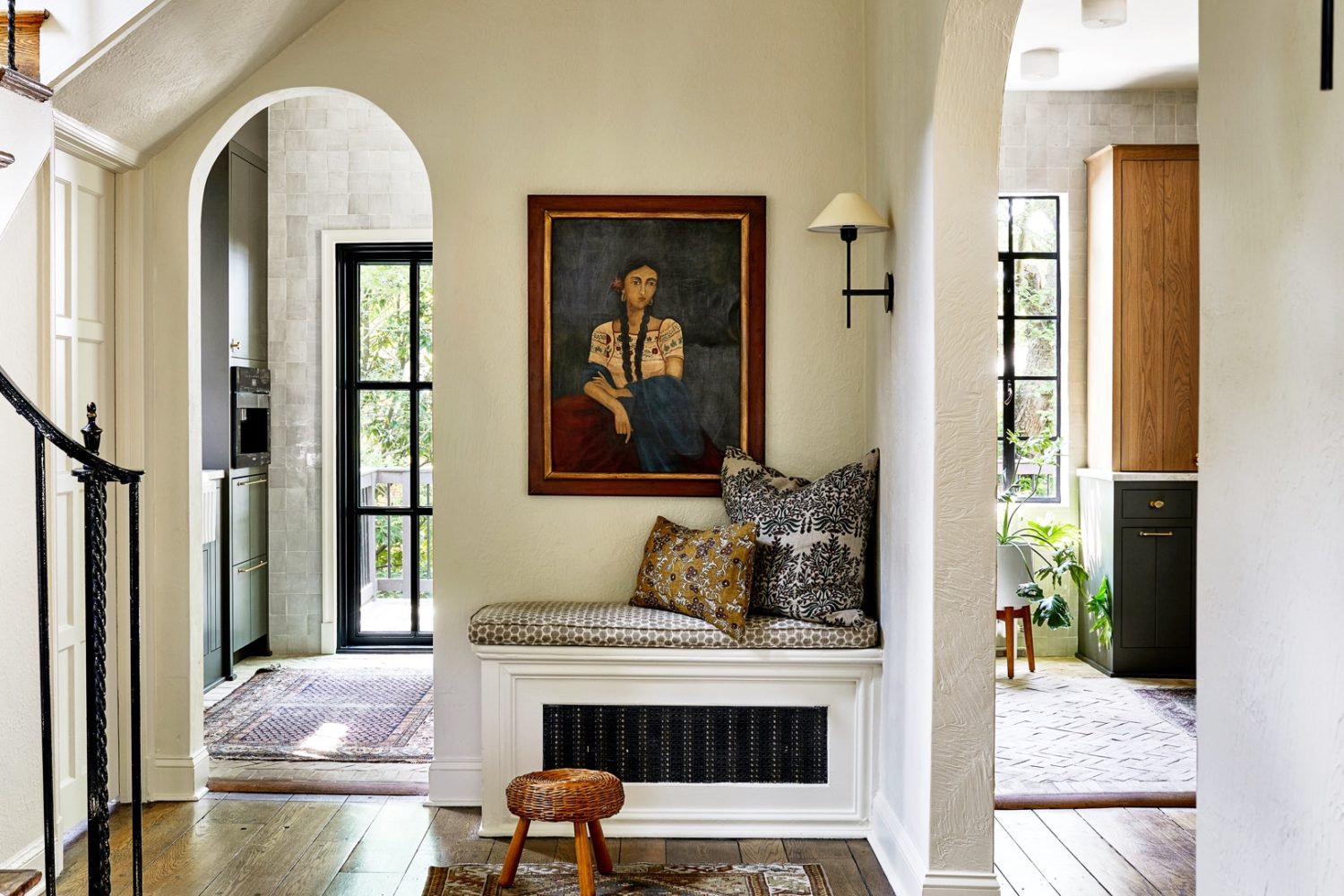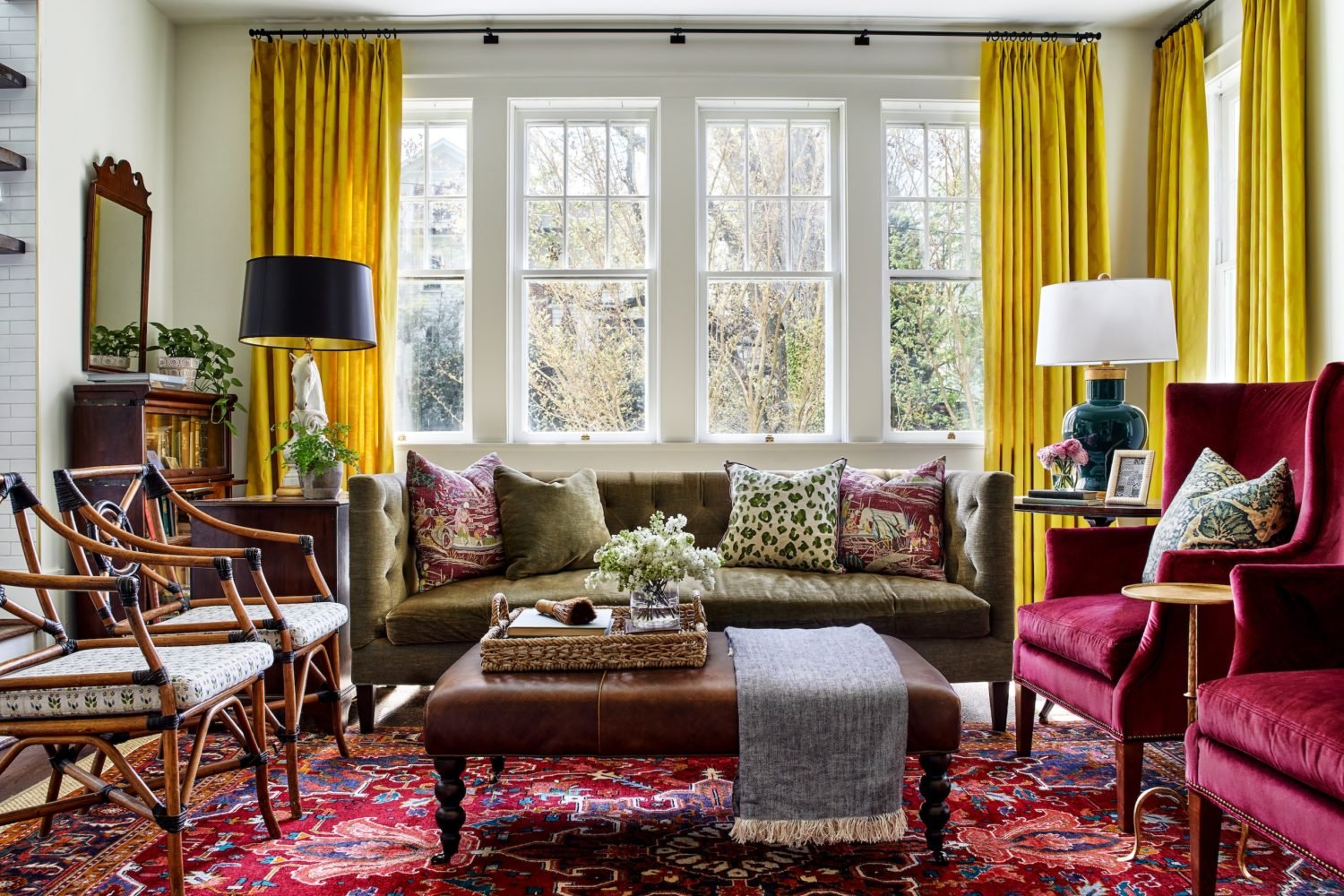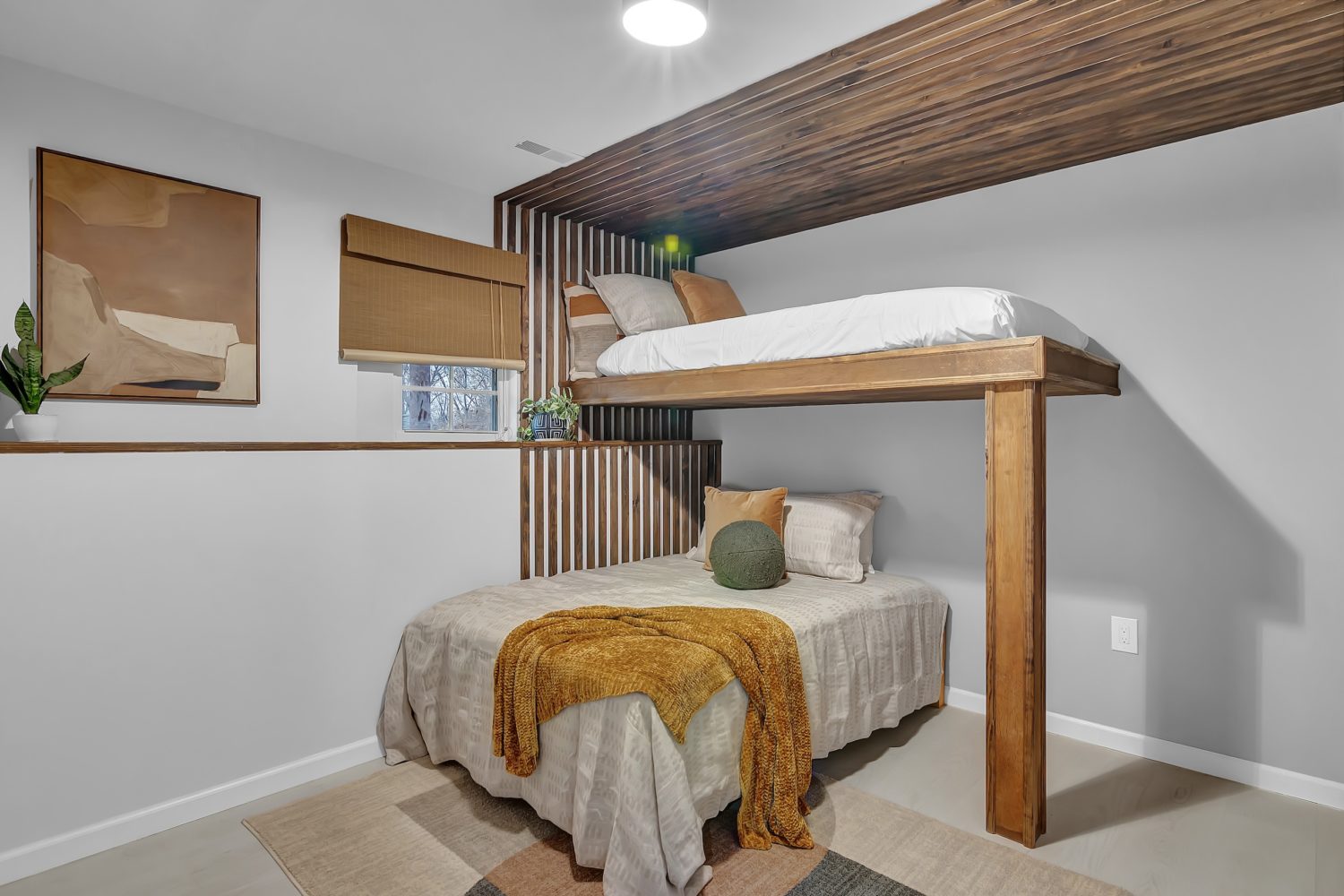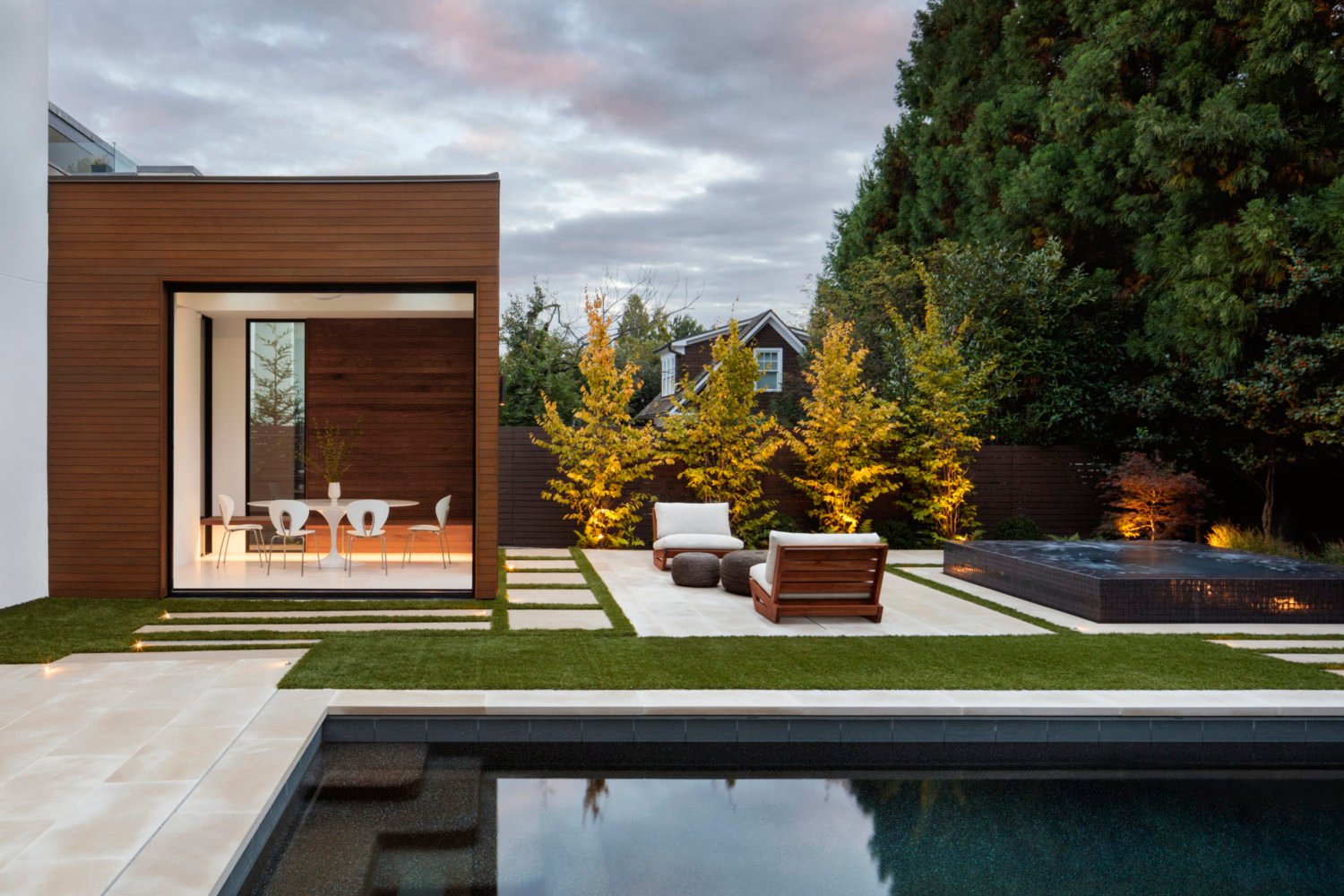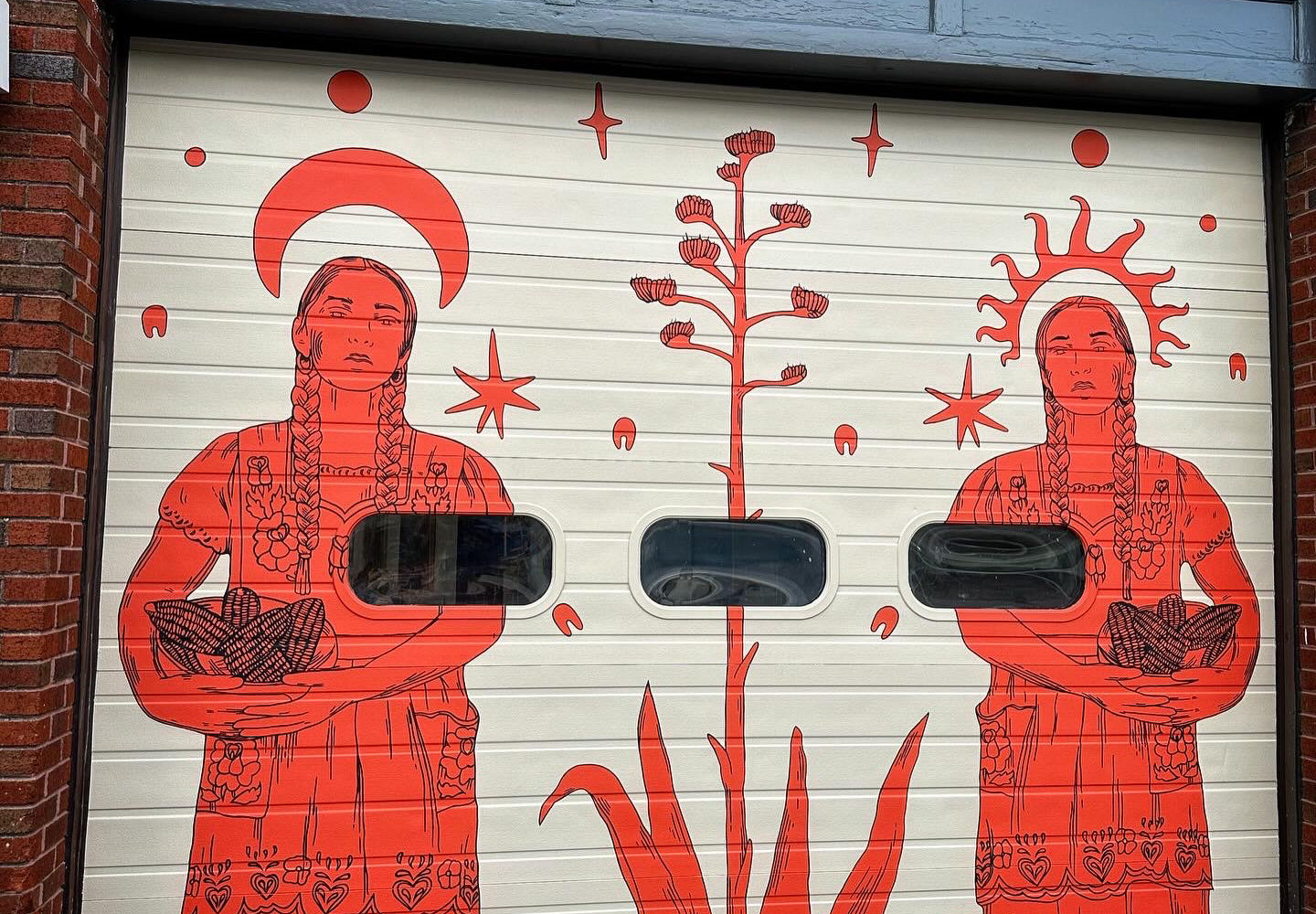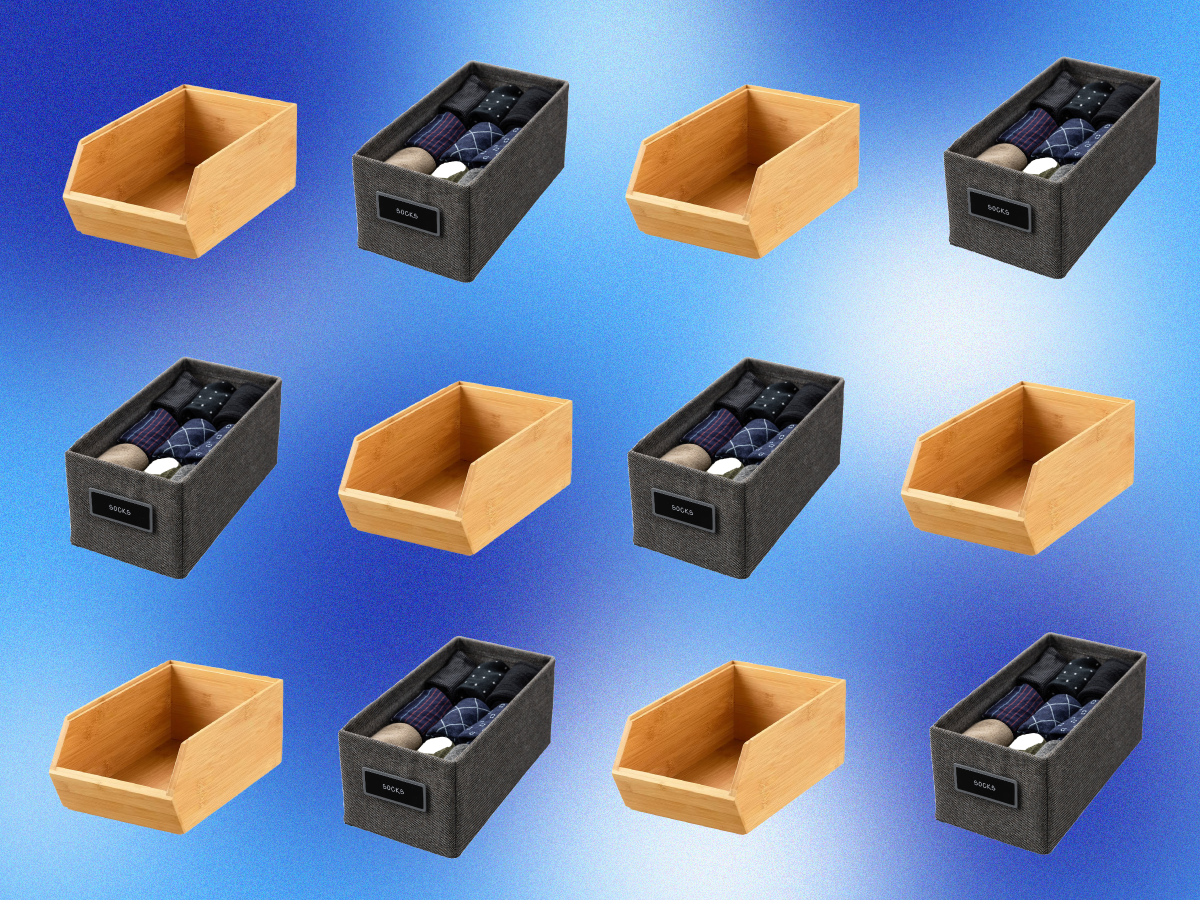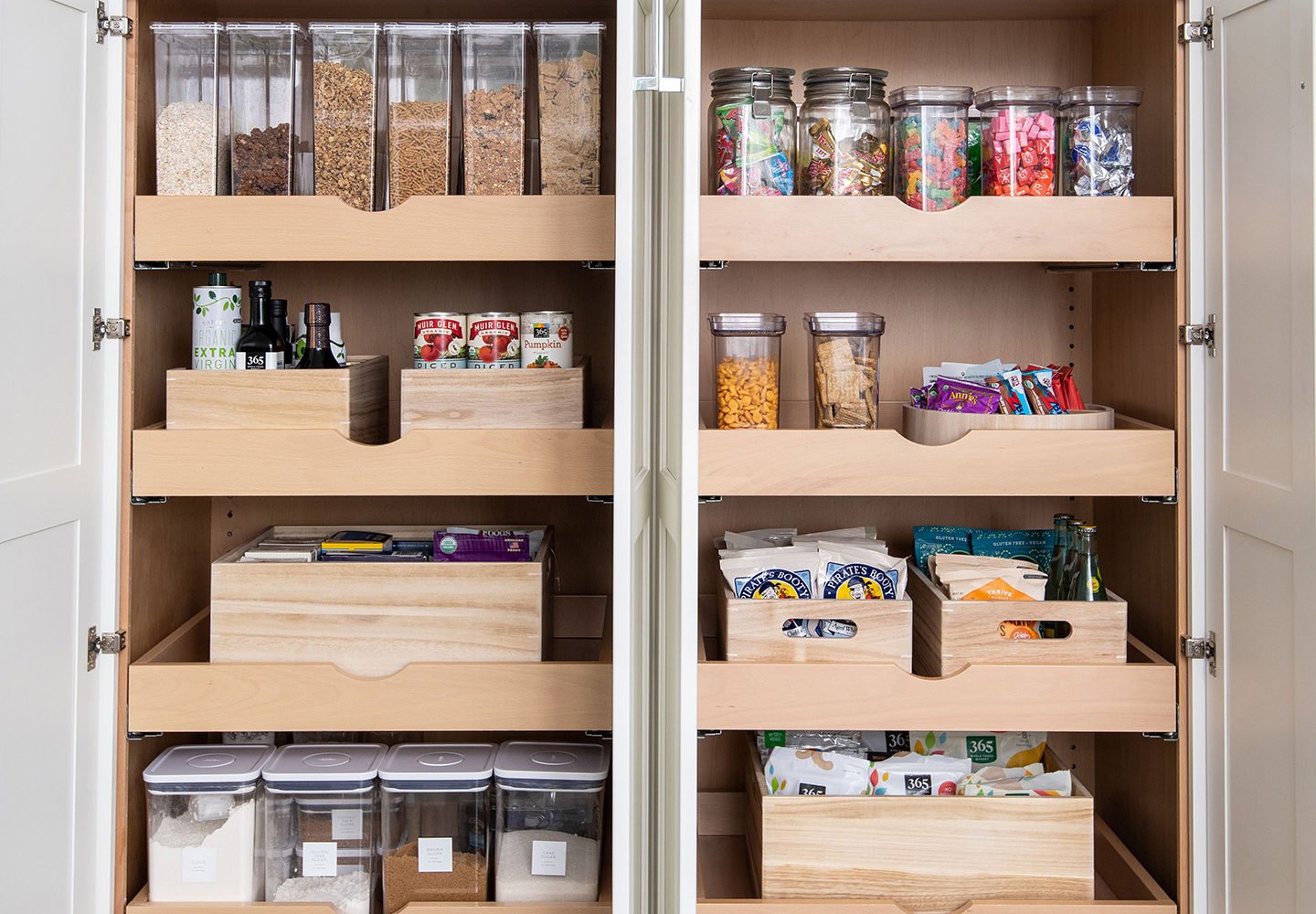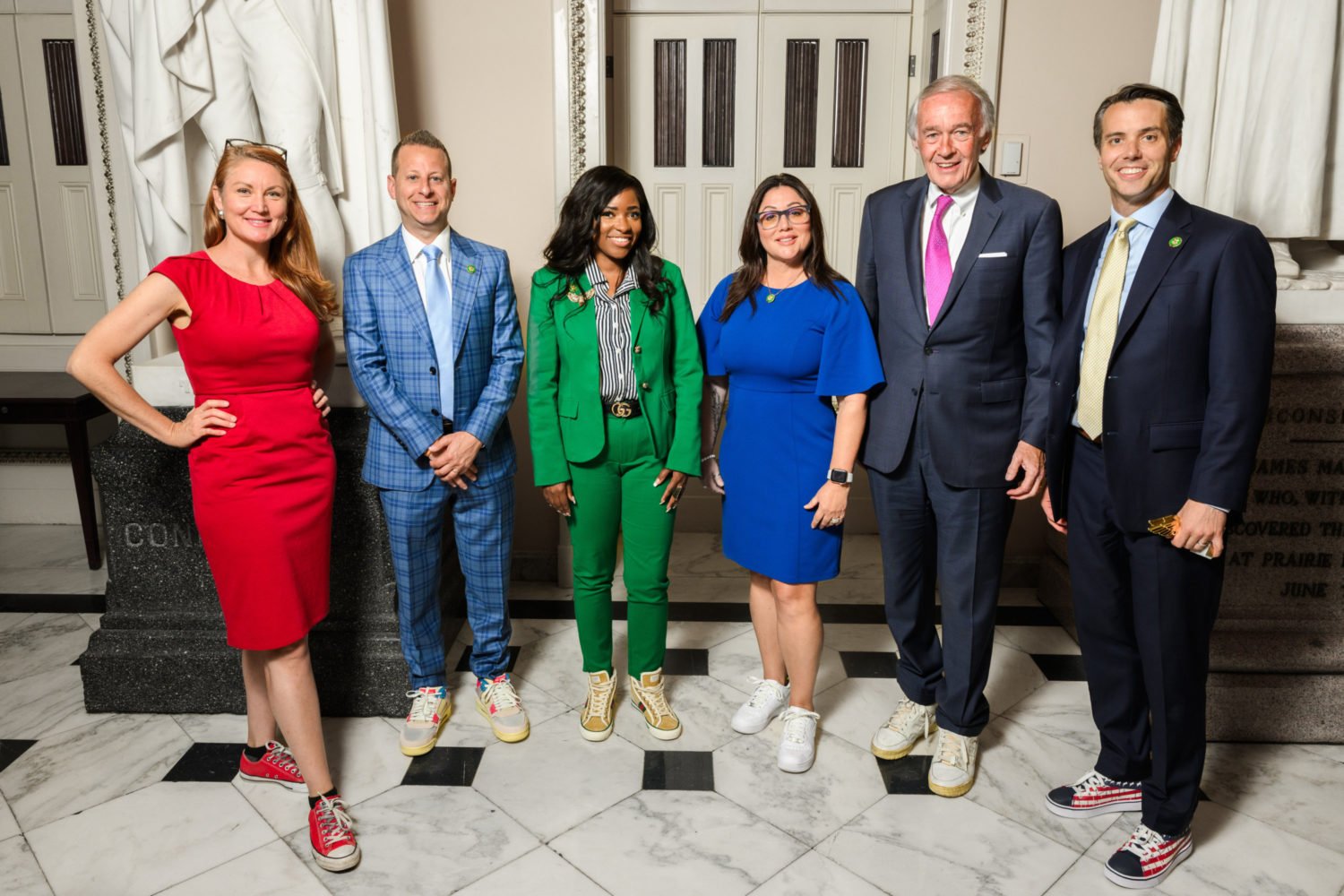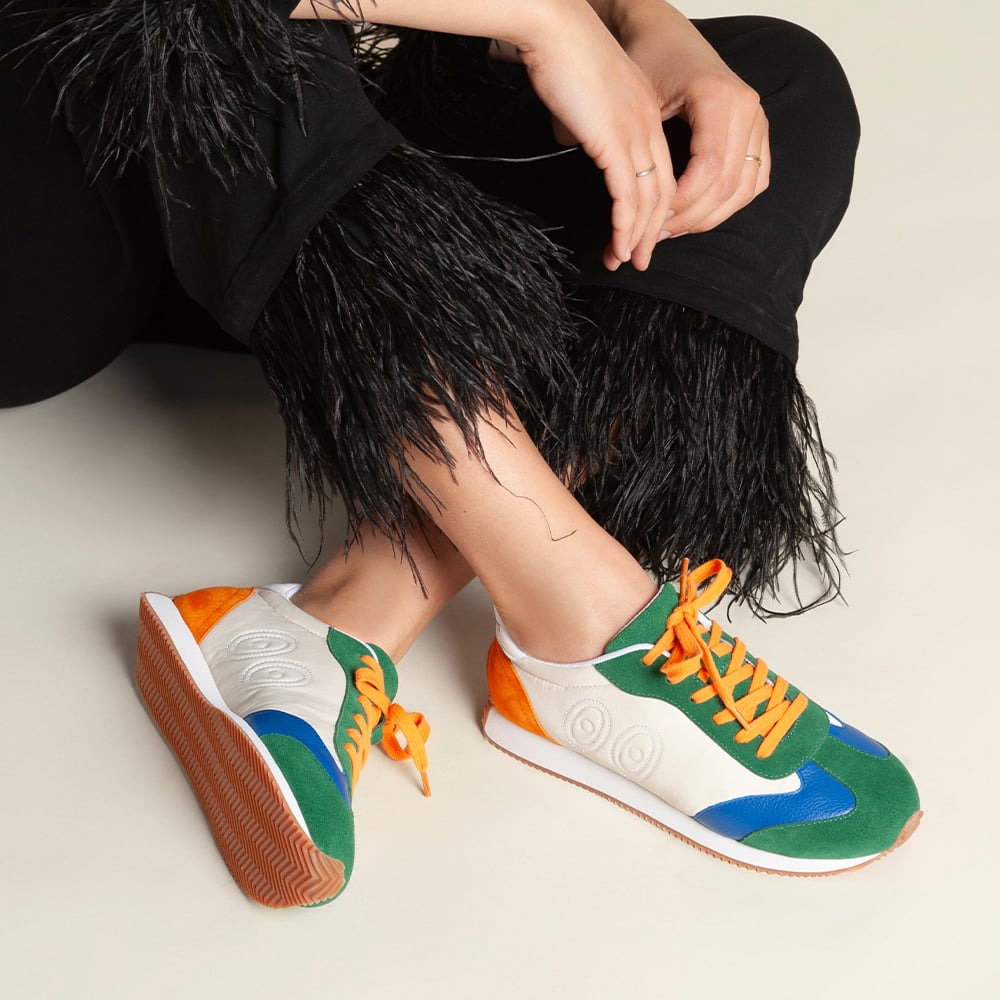Professional sports teams don’t usually comment on elections, but in the case of DC United, the District’s mayoral election carries very big implications on its plans to open a new stadium by the 2017 season. And with Mayor Vince Gray leaving office, the soccer club is losing its biggest ally in city government.
“DC United congratluates Council woman Muriel Bowser on [Tuesday’s] primary victory,” DC United said in a written statement Wednesday to MLSSoccer.com. “We wish her and Council member David Catania the best in the coming election.”
But either way the general election goes could crimp the the deal the team made with the District last year under which the city spends up to $150 million to acquire and prepare the land on which a club-financed stadium would be constructed. Bowser, now the Democratic nominee for mayor and likely winner in November, has been a stadium skeptic, especially about the step in which DC gets two acres of stadium-eyed land on Southwest’s Buzzard Point from the development firm Akridge in exchange for the Frank D. Reeves Municipal Center at 14th and U streets, NW, one of the most valuable intersections in the entire city.
“I get concerned about the land swap idea, especially for the Reeves Center with the numbers that I have heard being bounced around about what people think it’s worth,” Bowser said at a candidates’ forum in February. The two acres Akridge owns at Buzzard point are worth $8 million; the Reeves Center—home to city agencies that would be moved to a new facility in Southeast—is assessed at nearly $129 million, according to DC real estate records.
The Gray administration is behind schedule in hammering out deals for the full nine acres where it wants to put a soccer stadium. Under the term sheet the mayor signed with DC United last year, the plot was supposed to be assembled by January 1. So far, the city has only had conversations about land swaps with Akridge and Pepco, and has not made any public headway on the other parcels, owned by the investor Mark Ein and Super Salvage, an industrial scrap yard. Bowser, who chairs the DC Council’s economic development committee, said at a press conference yesterday she and her colleagues have not received anything related to the stadium yet.
While Bowser has been wary of the stadium process, Catania, whose independent candidacy could give DC its first real general-election contest for mayor, has been flatly opposed from the start.
“I’ve been to this rodeo before,” Catania said at a Council hearing last September, referring to the city-financed construction of Nationals Park, which wound up costing taxpayers more than $700 million by the time it opened in 2008.
“We are looking forward to working with them, Mayor Gray, the rest of the DC Council, and all involved stakeholders to finalize a new stadium and the associated citywide economic development that it will bring,” DC United’s statement continued.
Gray’s proposed budget for the 2015 fiscal year, released today, does not contain funding for any stadium-planning expenses, although the terms of the stadium deal state that any infrastructural costs should be covered by profits from the various land swaps.

